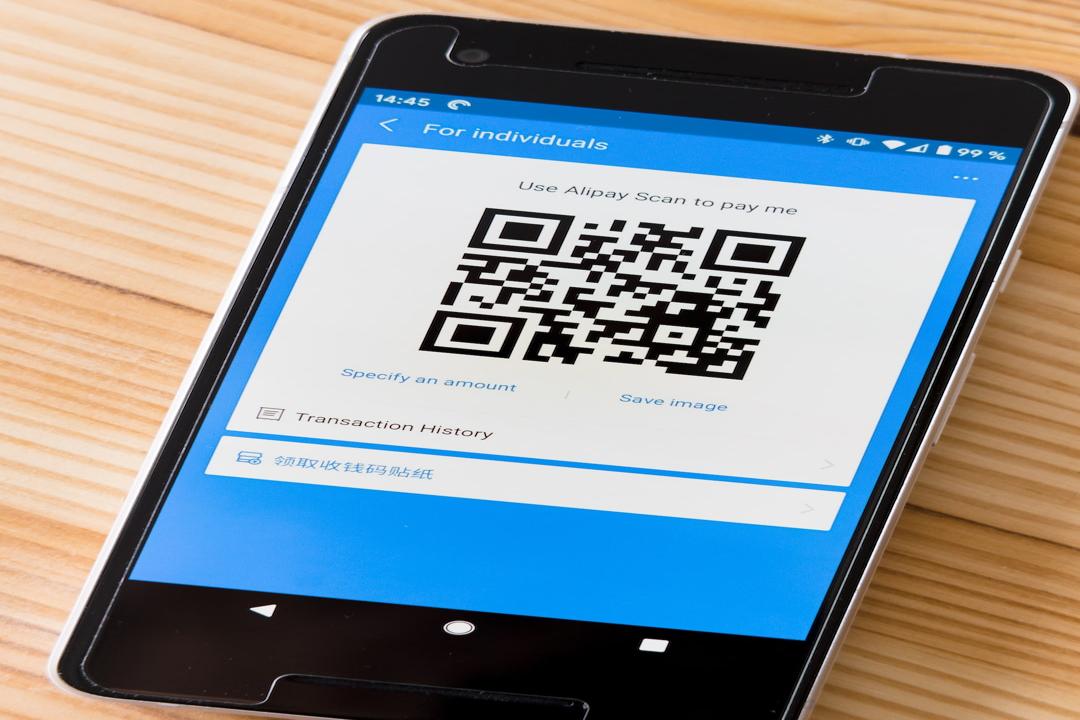China announced in September 2021 that it would ban cryptocurrency and declared all related transactions to be illegal. However, Bybit suddenly allowed Chinese users to undergo level one KYC identity verification without public explanation, causing unease among some employees and market participants.
Cryptocurrency exchange Bybit has long been restricted by China’s strict regulatory stance on the cryptocurrency industry, leading to a complete ban on all Chinese users registering and using the platform. However, recently Bybit unexpectedly opened registration and identity verification for Chinese users.
According to a report by Wu Shuo Blockchain, mainland Chinese ID cards can now pass the platform’s level one KYC identity verification. According to Bybit’s latest service terms on 6/5, China is not excluded from the list of jurisdictions under the platform’s jurisdiction.
However, upon verification by Dong Qu, China is still listed as a non-service area in the common problem section next to identity verification. It is unclear why there is a discrepancy between the two.
Quoting informed sources, Wu Shuo reported that Bybit did not notify or explain this change internally, leading to unease among some employees. The specific reasons for Bybit’s sudden opening to the Chinese market and whether this channel will be closed again remain inconclusive.
According to CoinGecko data, Bybit’s trading volume in the past 24 hours has reached nearly $4 billion, making it the world’s second-largest cryptocurrency exchange, second only to Binance. Industry analysts believe that Bybit’s rapid business growth, especially with its spot business surpassing established exchanges like OKX, indicates its potential to further expand into new markets. However, the sudden opening to the Chinese market is inconsistent with Bybit’s usual cautious style, leaving outsiders confused.
According to data from blockchain analytics company Nansen, the total value of assets held by customers on the Bybit platform exceeds $7 billion. As of the deadline, Bybit has not publicly responded to this matter.
Bybit withdraws Hong Kong license application earlier
At the end of January this year, Bybit formally submitted a virtual asset trading platform license application to the Hong Kong Securities Regulatory Commission through its Hong Kong entity (Spark Fintech Limited). However, by May 31, Bybit’s Hong Kong entity and many other exchanges withdrew their Hong Kong license applications and ceased operations in Hong Kong as required.
In March, the Hong Kong Securities Regulatory Commission first listed Bybit as a suspicious virtual asset trading platform and classified its encrypted products as suspicious investment products. The Commission stated that Bybit provides cryptocurrency trading services to Hong Kong investors in multiple jurisdictions, including various futures contracts, options, leveraged tokens, and dual-currency investments, and explicitly stated that no entity under Bybit has obtained a “regulated activity” license or registration in Hong Kong.
The announcement also specifically pointed out that the website bybit.com is operated by Bybit Fintech Limited based in Seychelles, while bybit.com.hk is operated by the Hong Kong entity Spark Fintech Limited, and does not involve the related encrypted products provided by the former. In short, the Hong Kong Securities Regulatory Commission does not allow local users to use Bybit Global’s derivative products, and once Spark Fintech Limited’s Bybit HK obtains a license, it will be able to legally provide specific encrypted products to Hong Kong users, but it has also withdrawn its license application.
At a time when the Hong Kong Securities Regulatory Commission had listed Bybit’s Hong Kong entity as having applied for relevant licenses, listing its offshore entity on the warning list was a first.
Extended reading:
Hong Kong Securities Regulatory Commission lists Bybit as a suspicious exchange, official clarification: Bybit Hong Kong has applied for a VASP license.


